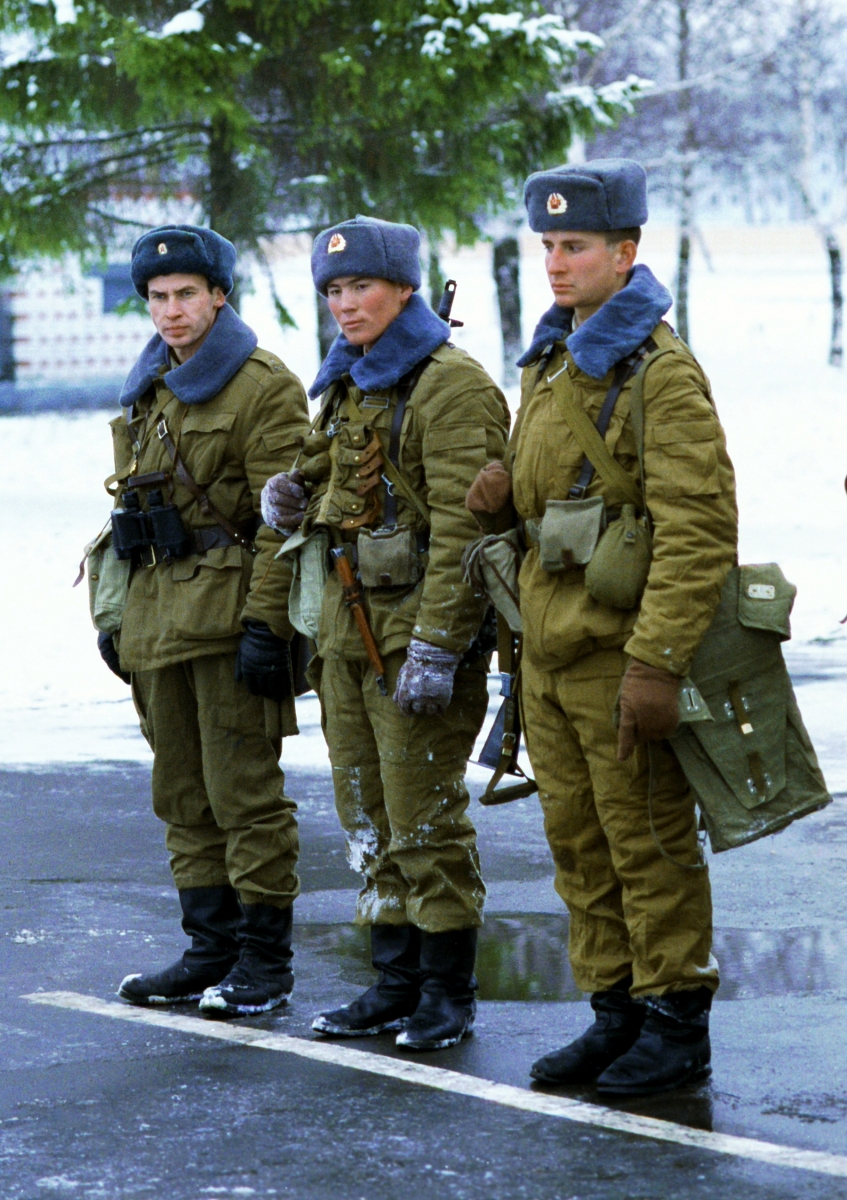(until 2023)
The aim of my research project is to investigate the experiences of the young men serving in the Soviet armed forces in the late socialist period. A special emphasis is placed on the barrack violence that expanded increasingly throughout the 1970s and 1980s. How did young recruits relate to each other within the army setting? What was the nature of encounters between the representatives of various national and cultural groups? How did the recruits integrate their army experience into civilian life? And how was this individual and collective experience imbedded in social and historical processes?
Consequently, the project is interested both in the practices and the changing perceptions of the military as a system of violence. Since the Soviet Army became an eminent pillar of the state in the post-Second World War period, its image was used as a propagandistic symbol for demonstrating the unbroken power of the Soviet system. The universal military service, thus, appeared necessary, legitimate and honourable. Yet experienced reality of everyday army life was far from its unimaginatively impeccable self-image. This raises questions that go beyond the military to the very core of state legitimacy. How did a crucial pillar of the Soviet Union become a factor of state delegitimisation? And what effect did the notorious practices of informal, non-statutory relations in the army have on state legitimacy and delegitimisation processes in the late Soviet Union?

